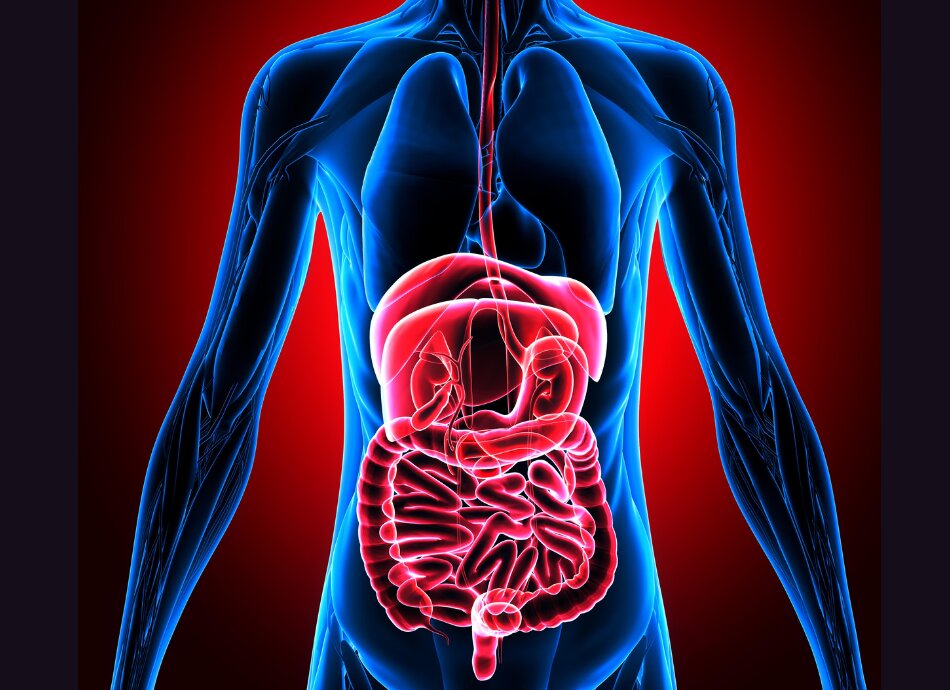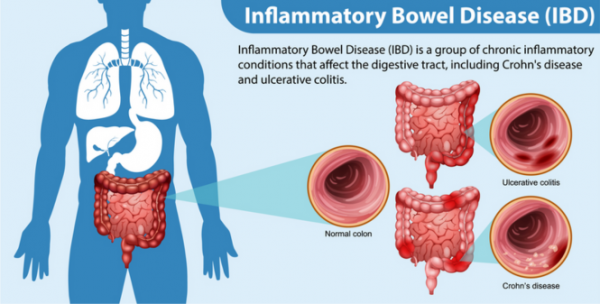Inflammatory bowel disease (IBD) is the name for certain conditions that cause your intestines (gut) to become inflamed, red and swollen. The 2 main types of IBD are Crohn’s disease and ulcerative colitis. Crohn’s disease and ulcerative colitis are chronic (long-term) conditions. There's also a rare form of IBD called microscopic colitis.
IBD is mainly diagnosed in young adults (15 to 30 years of age), but it can start at any age. It can run in families. Aotearoa New Zealand has one of the highest rates of IBD in the world.
Note: IBD is not the same as irritable bowel syndrome (IBS), which is sometimes called irritable bowel disease. IBS doesn't involve inflammation of the gut but has symptoms including abdominal cramping, bloating, diarrhoea and constipation. IBS is more common than IBD and is treated with lifestyle changes.







